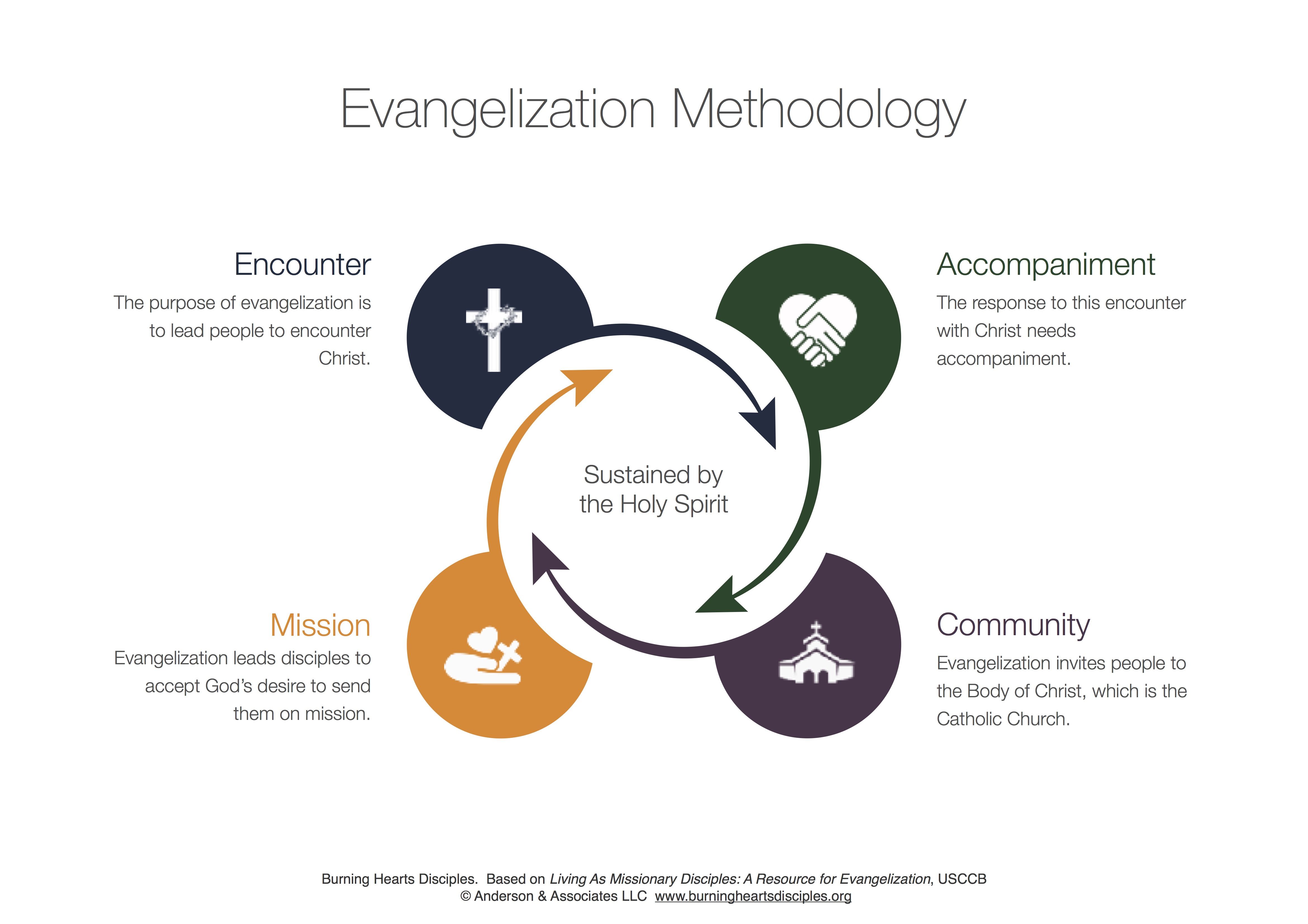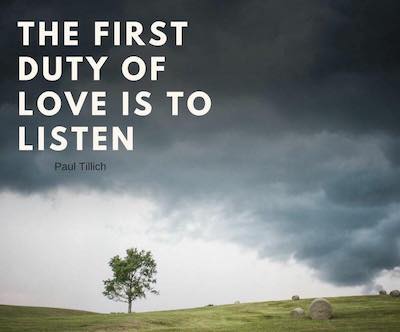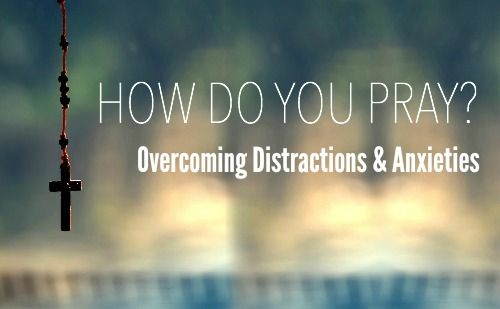The Making Disciples Today Blog has reflections to help you grow in your journey of missionary discipleship, reviews on recommended Catholic evangelization resources, and practical insight on how to evangelize in your daily life.
- Details
- Written by Kristin Bird
The Theology of the Body was the topic of 129 talks given by Saint John Paul II during his Wednesday addresses between September 1979 and November 1984.
The word theology comes from the Greek root words theos (God) and logia (word). Theology, then is literally a “word about God.” St. John Paul II’s Theology of the Body, then, can be described as a word about God and the body.
- Details
- Written by Kristin Bird
The USCCB has outlined a four step methodology for helping people to grow on their discipleship journey. This Encounter, Accompaniment, Community, Mission methodology is outlined in the USCCB document Living as Missionary Disciples: A Resource for Evangelization. While not exhaustive, this resource includes some good reflections on each of the four areas of evangelization methodology.
We have provided some excerpts from the USCCB, some of our own reflections, and additional resources that can help outline what these moments on the discipleship journey might look like - both in your personal life and your parish. Just click on the (+) under each movement.

Encounter
Accompaniment
Community
Mission
-
Encounter
All Christians are invited to a “renewed personal encounter with Jesus Christ” (Evangelii Gaudium, no. 9). -
Accompaniment
The Church will have to initiate everyone—priests, religious and laity—into this ‘art of accompaniment’ which teaches us to remove our sandals before the sacred ground of the other” (cf. Ex 3:5). -
Community
“The faithful are fed by Christ's holy body and blood to grow in the communion of the Holy Spirit (koinonia) and to communicate it to the world.” (CCC, 948). -
Mission
"Evangelizing is in fact the grace and vocation proper to the Church, her deepest identity. She exists in order to evangelize.” Pope Paul VI, Evangelii Nuntiandi, 14
- Details
- Written by Kristin Bird
What does accompaniment look like in the midst of the current crisis of abuse, cover up & scandal? It must mean first LISTENING.

Person to Person Listening: Openness of Heart
We need to provide a space within our hearts for others to feel their despair, hopelessness, anger, betrayal, fear, denial and heartbreak - and then to simply sit with them in that place.
I am struck by how often we (all the Baptized) fall into the trap of trying to tell other people what to feel and how to think about all these matters. What starts as sharing my own emotions quickly turns into debating, posturing, defending, and becoming solution-focused.
When I jump to responding, I ignore the lived experience of the person in front of me. I focus on myself - my own defensiveness, skepticism, anger, etc - rather than being truly present to the other. When I jump to solutions, I am not truly present to brokenness.
We have a particular responsiblity to listen and be truly present to those who have been hurt, traumatized and destroyed by men acting in the name of the Church. It is especially important that we do not allow them to feel forgotten as the spin, politics, and finger pointing continue to make news.
We must pray for those who are still hurting while we argue - but genuine accompaniment calls us to more than prayer. It calls us to compassion, to empathy - to listening - rather than arguing.
Communal Listening: Masses of Healing, Reparation, Atonement, & Repentence
What might this kind of listening look like the context of a larger community - a parish or a diocese?
- Details
- Written by Kristin Bird
One reason many of us don't pray more often or better is because we have questions and uncertainties about prayer. We worry that we’re doing it wrong or that it’s not really working. One of the best ways to combat the neutralizing effect this doubt can have on your prayer life is to remember that prayer is a gift.
Prayer Comes From God
“[Prayer] is not what we do but what God does in us, how God loves us, addresses us, looks at us, enlightens us, forgives us, heals us, purifies us and eventually transforms us.”
Dominican Nuns Ireland Family Day Address (www.dominicannuns.ie)
God is constantly seeking us. Like the father who daily scanned the horizon for his prodigal son, God waits patiently for us. Prayer is the gift, given to us by God, to respond to His call and to seek him in return.
Every moment of prayer begins, not with us, but with God’s call to us - the desire for union with him that he has placed deep within our hearts. Our prayer is a response to that call. As the Catechism of the Catholic Church says,
“Prayer is both a gift of grace and a determined response on our part. It always presupposes effort” (2725).
Prayer is Relationship
It is time spent with someone you love. To pray is to speak and then to listen; to communicate on a more personal and profound level and to grow in understanding, respect and appreciation of the other.





